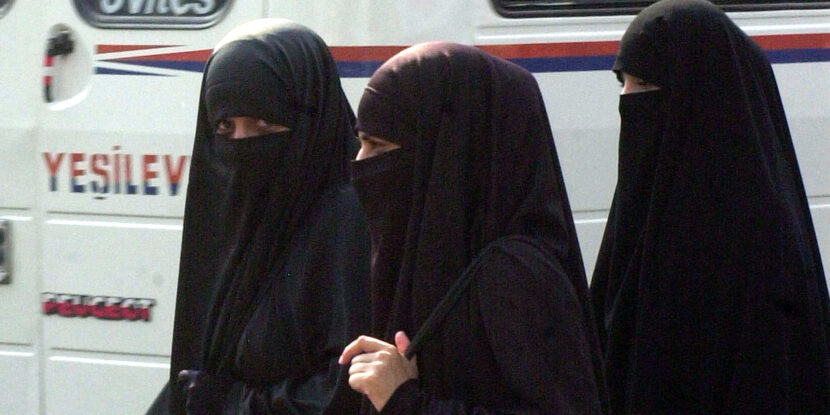❓WHAT HAPPENED: A Yemeni migrant is suing the Netherlands over the refusal to allow his children from two additional wives to join him, raising the issue of polygamy before the European Court of Human Rights (ECtHR).
👤WHO WAS INVOLVED: Khaled Al-Anesi, a Yemeni asylum seeker, Dutch authorities, and the European Court of Human Rights.
📍WHEN & WHERE: The case stems from Al-Anesi being granted asylum in the Netherlands in 2011; his case is before the ECtHR right now.
💬KEY QUOTE: “Europe doesn’t have to commit this cultural suicide. It’s time to leave the [European Convention on Human Rights].” – Former British Home Secretary Suella Braverman
🎯IMPACT: The case could set a precedent for effectively legalising polygamy in Europe, sparking concerns about the erosion of traditional cultural values.
Europe may soon face a historic legal shift as the European Court of Human Rights (ECtHR) prepares to rule on whether polygamous families should be recognized under European law. The case involves Khaled Al-Anesi, a Yemeni asylum seeker who was granted refuge in the Netherlands in 2011. Al-Anesi successfully brought his first wife and their eight children to the country under family-reunification rules, but now seeks to bring his two other wives and five additional children, who remain in Turkey.
Dutch authorities rejected his request, citing the nation’s prohibition of polygamy and the fact that the children are already living with their mothers in stable conditions. Officials reportedly suggested that he divorce his other wives to facilitate family reunification, but he refused. Al-Anesi has since sued the Dutch government, claiming it violated his right to family life under the European Convention on Human Rights (ECHR), which is enforced by the supranational European Court of Human Rights, which is technically separate from the European Union (EU) and still has jursidiction over the United Kingdom.
Notably, the case marks the first time the Court has agreed to examine polygamy within Europe, and its ruling could set a far-reaching precedent for all member states. Former British Home Secretary Suella Braverman condemned the potential implications of the case, warning, “Europe doesn’t have to commit this cultural suicide. It’s time to leave the ECHR.”
The debate comes amid growing concern about the Islamization of Europe. Reports indicate that the United Kingdom, for instance, now hosts around 85 sharia courts and more than 100,000 Islamic marriages not formally registered with the state. Critics argue that such developments erode Western legal norms and could pave the way for a de facto parallel legal system.
Image by Marcello Casal Jr/ABr.
Join Pulse+ to comment below, and receive exclusive e-mail analyses.




















